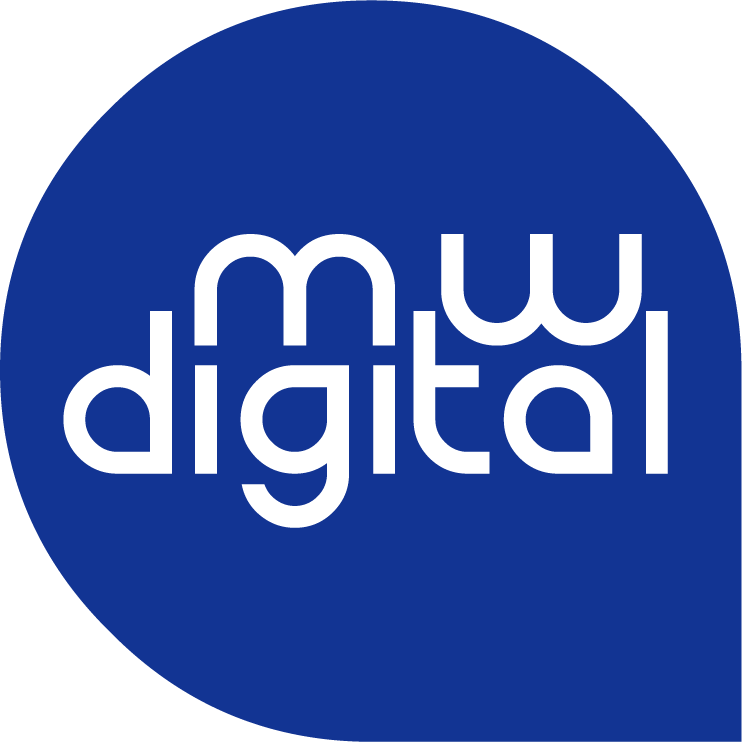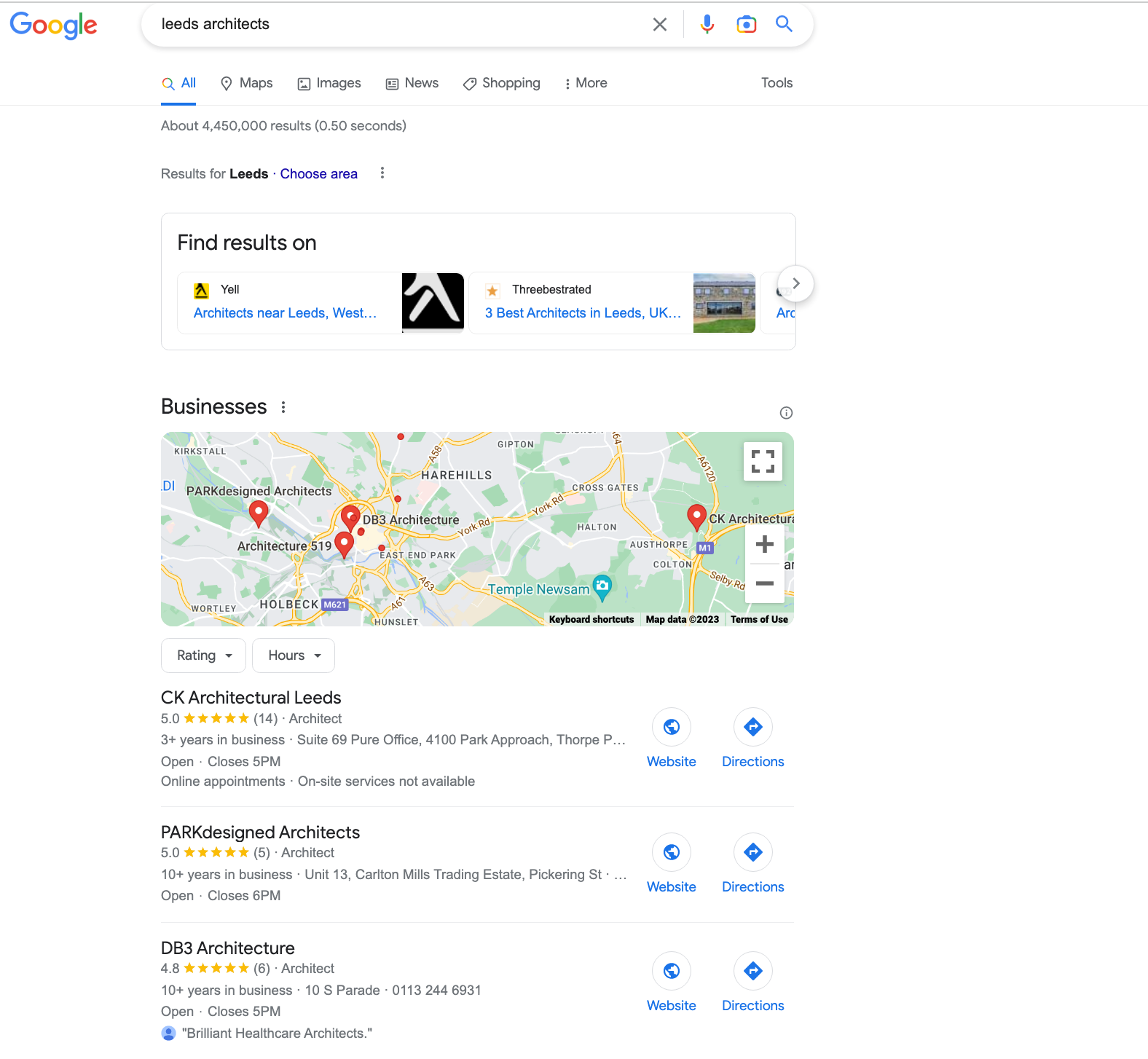What is SEO and how it works?
SEO, or Search Engine Optimization, is part of digital marketing. It's goal is to improve your website's ranking on search engine results pages (SERPs). This in turn drives more traffic to your website.

What is SEO and how it works?
SEO, or Search Engine Optimization, is part of digital marketing. It's goal is to improve your website's ranking on search engine results pages (SERPs). This in turn drives more traffic to your website.
SEO involves both on-page and off-page techniques that help search engines understand the content and relevance of a web page. The more relevant your web page to a specific search query, the higher up the results it will feature.
SEO can include
- Keyword research
- On-page optimisation
- Off-page strategies such as backlinks and citations
- Technical SEO, eg schema code, and
- Content creation to name a few
Let's look at a few of them here:
Keyword Research
The process of finding the most pertinent and worthwhile keywords and phrases for a website or web page is known as keyword research. These keywords are the expressions people use in search queries while looking for materials, goods, or services associated with a specific subject. Finding keywords you can rank for can be tricky. Imagine you were starting a dentist business. There are already thousands of dentists out there, with websites, and with SEO already in place. To target 'dentist' as a keyword is therefore going to be tough! If you dig further down, targeting something such as dental implants near me might be more productive.
On-Page Optimisation:
Having decided which keywords to target, it makes sense to have a page dedicated to each one. To make a website or web page more search engine friendly, on-page optimisation entails improving its content, structure, and coding. This include improving the content's quality, relevance, and engagement as well as the title tags, meta descriptions, header tags, and URL structure. Having just one target phrase per page is good practice - as it enables search engines to know exactly which page from your site to display in SERPs.
Off-Page Optimization:
Off-page optimization involves improving the visibility and credibility of a website or web page through external factors such as backlinks, social media signals, and citations. This entails constructing trust-worthy links from other reliable websites, interacting with people on social media, and making sure the company is appropriately featured in internet directories and review sites. These backlinks are a bit like references or reviews. If you have a lot, then this is good. But more importantly what is the quality like? As a load of reviews/ backlinks from sites that have no authority (in Google's eyes) are not really worth much. However, backlinks from reputable, high-quality, high domain authority sites, like Yahoo! News etc really boost your site's ranking. In the dentist example, if you had a load of backlinks from your friends building business, that is nowhere near as good as a link from the NHS for example.
Backlinks are the emperor of SEO (see below) and are consistently the one true arbiter of domain authority and hence rankings.
How to get these links is often the challenge - we have a new backlink service available.
Technical SEO:
Technical SEO involves optimizing the technical aspects of a website or web page, such as site speed, mobile responsiveness, and security. These technical factors can impact how search engines crawl and index a website, which can affect its rankings in search results pages. Search engines are better able to comprehend a website's content and hierarchy if its structure is well-organized. Technical SEO entails improving the structure of the website's navigation, URL structure, and internal linking to make it logical and simple to follow. Technical SEO can involve optimizing robots.txt and sitemap files, ensuring that all pages are accessible to search engines, and removing duplicate content.
Markup of schemas: A piece of code that is added to a website and gives search engines more information about the content is called schema markup. The use of schema markup in technical SEO enables search engines to comprehend the content of a website and display rich snippets in search results.
A crucial component of the overall SEO strategy is technical SEO. Without specialized improvement, even the best crafted content and off-page Website design enhancement endeavours may not deliver the ideal outcomes.
 Image by brgfx on Freepik" id="1248178087" class="" data-dm-image-path="https://irp.cdn-website.com/6d9b5ab7/dms3rep/multi/Screenshot+2023-05-11+at+12.52.34.png" width="1155" height="654" onerror="handleImageLoadError(this)"/>
Image by brgfx on Freepik" id="1248178087" class="" data-dm-image-path="https://irp.cdn-website.com/6d9b5ab7/dms3rep/multi/Screenshot+2023-05-11+at+12.52.34.png" width="1155" height="654" onerror="handleImageLoadError(this)"/>Content creation:
Producing relevant, high-quality material is crucial for SEO. Websites and web pages that offer users useful and helpful material are given priority by search engines. Researching and selecting pertinent topics, producing interesting and educational material, and search engine optimisation are all steps in the content creation process.
Some say content is King, and that is true to a point, but backlinks are the Emperor in this analogy! (See above)
However, content is crucial. If you do not have relevant content, it does not matter how good your other SEO efforts are, as people want full and complete answers to their searches. You need to create content that is fresh, original and do so on a regular basis. This can be extra content on your service pages, adding videos, creating blogs, reports and such - so that your business is seen as up-to-date and relevant.
How can I do SEO for my website?
Do you want your website to rank at the top of SERPs?
There are lots of components to SEO beyond the broad terms we have outlined above. Such as:
- Optimising meta-titles
- Optimising meta-descriptions
- Generating relevant and original content
- Writing blogs
- Obtaining backlinks
- Gaining citations
- Generating schema code
- Internal linking
- and much much more
If you want your site to rank, you cannot simply build a website and hope people will find it. You need to do most, if not all, of these things, and continue to do them on an ongoing basis. Why? Well, for one, your competitors will be doing them and you need to stay ahead. And, two to remain relevant and therefore stay up in the rankings.
Sometimes people talk about the 4 types of SEO as:
- On-page SEO
- Off-page SEO
- Technical SEO, and
- Local SEO
You can find out more about local SEO here and the differences between them and uses for them on our blog
Essentially, the difference between local SEO and SEO is the focus on having local citations and in local business directories so that you appear in the local search results for your service and areas covered.
SEO strives to increase the ranking of websites and web pages in search results pages by optimising them to meet these requirements. Businesses can do this to enhance their exposure and reach a larger market, which will increase traffic to their website and, ultimately, their revenue and profitability.
Whilst others ask it in a different way: What are the 3 pillars or core must haves of SEO?
According to Forbes, the 3 core things you need in your SEO strategy are:
- Content - content development and marketing. Keeping your site relevant and up to date with new material shows the search engines your site is worthy of being at the top of rankings
- Technical SEO - if your site is not coded correctly to speak to the robots and crawlers, then they will not rank your pages. Having the correct technical setup, eg robots.txt, sitemap.xml etc informs the search engines what your pages are about.
- Link building - backlinks and other websites linking to your domain give it authority in the search engines etes. The higher authority these links are, the higher authority and therefore ranking your site is.
For more info on high quality backlinks view our new backlinks service.
In conclusion, SEO is a crucial component of online marketing and entails optimising websites and web pages to raise their placement in search engine results. Businesses may increase their exposure and attract a wider audience through organic search results by employing pertinent keywords, optimising on-page and off-page elements, producing high-quality content, and making sure technical aspects are optimised.
Websites and web pages are optimised through SEO in order to satisfy the requirements of search engine algorithms. SEO can raise a website's exposure and rankings by utilising important and pertinent keywords, enhancing on-page and off-page elements, producing high-quality content, and making sure technical parts are optimised. For each search query, search engines like Google utilise sophisticated algorithms to choose which websites and pages to display in their search results. The most relevant and beneficial results for a given query are determined by these algorithms by taking into account a variety of elements, including relevancy, authority, and user experience.









